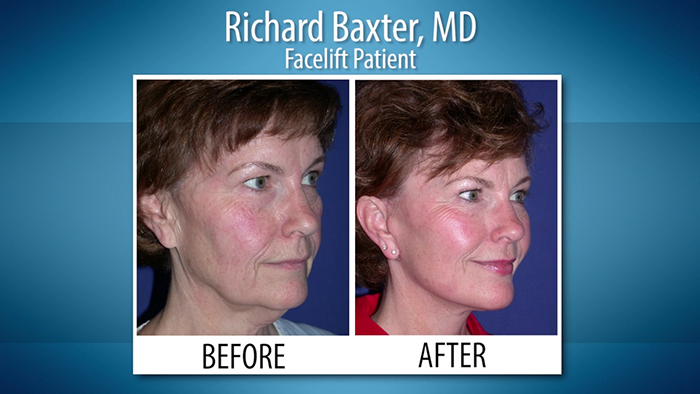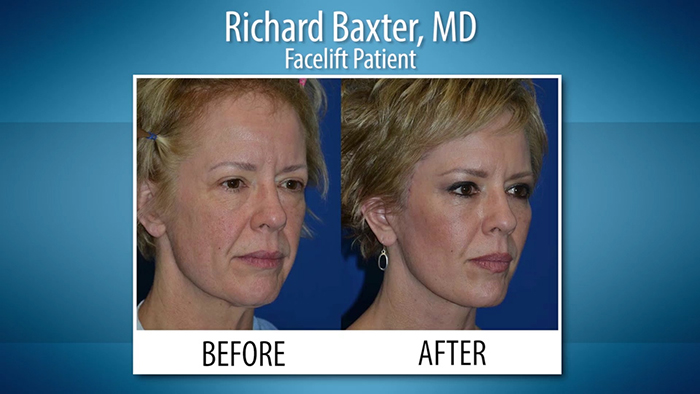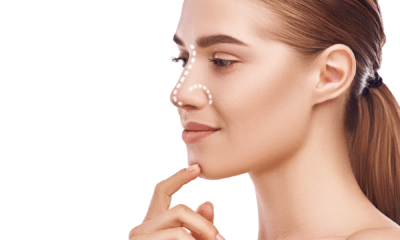Though around since the early 1900’s, plastic surgery is constantly evolving. New products and techniques are introduced annually and it is up to your plastic surgeon to stay on top of it all. Which is why it is so important to select a surgeon who is board certified by the American Society of Aesthetic Plastic Surgery for example. “If you see an ASAPS member, you know that they’ve made aesthetic surgery important. It is what they do.” says Dr. Richard Baxter, MD of Mountlake Terrace, Washington. Having a surgeon who hasn’t limited his or her training to one or two things, and is more capable of taking a comprehensive approach is a smart move in today’s hyper driven world. Read on for a few more ways in which plastic surgery has changed over the past 20 years.
by Katherine Stuart
and Richard Baxter, MD
What Is The Current State Of The Facelift?
According to Dr. Baxter, facelifts today don’t carry the same stigma that they used to. “I’ve seen more facelifts in my practice…. But there’s also a lot of interest in non-surgical techniques.” The non-surgical facelift is hands down one of the biggest changes in the last 20 years. And though it has its uses, it’s also important for surgeons to guide patients so that they have realistic expectations as to what can be achieved. Although volume loss, particularly in the mid-face, is one of the earliest manifestations of aging, Dr. Baxter doesn’t believe that “adding volume by itself will postpone the need for a facelift necessarily.” However, fillers and Botox can allow a patient to maintain a youthful look for a little bit longer, and they’re great for maintaining a patient’s surgical facelift results. “If the skin has sagged and it needs a lift, it needs restoration as well as repositioning.”
New Facelift Techniques Emphasize 3 Dimensions
Twenty years ago, facelifts were all about lifting the skin up. Which often resulted in that overly pulled, artificial look that so many patients fear and want to avoid. Today, plastic surgeons take a 3 dimensions approach to facelifts. According to Dr. Baxter, it’s “thinking about volume restoration, moving the tissues where they need to be to shape the face and then re-draping the skin instead of just pulling the skin.” The result of this new approach is a more youthful, but still very natural looking face. The kind where no one has to know that you had anything done unless you choose to tell them.
Your Looks Really Do Affect Your Self Confidence
One of the more recent trends in plastic surgery is men and women turning to it to boost their self confidence either because they’re changing careers or re-entering the dating world. “That’s really what it’s all about for us is helping people feel better about their looks.” says Dr. Baxter. Numerous studies have been done linking our looks to our self confidence. “How you look really does affect your life.” Feeling good about ourselves makes us more confident which, in turn, makes us perform better in every aspect of life.
















Facebook
Twitter
Instagram
YouTube
RSS